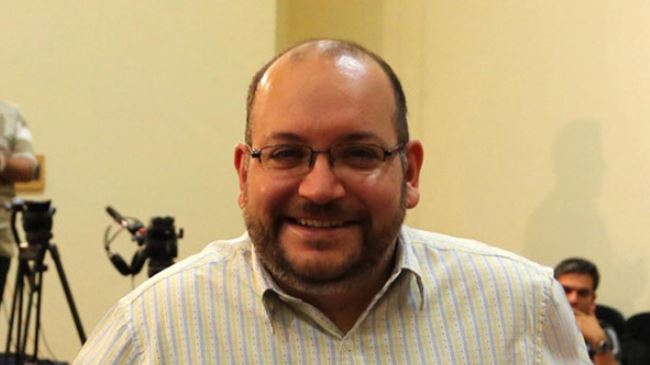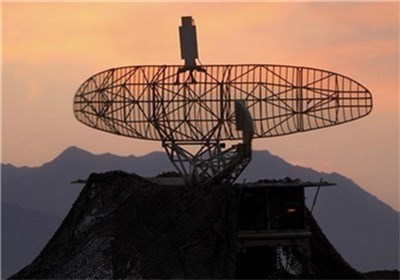 The Washington Post's Tehran correspondent Jason Rezaian[/caption]
The Washington Post's Tehran correspondent Jason Rezaian[/caption]Nov 11 (Reuters) - A senior Iranian judiciary official has dismissed reports that a U.S.-Iranian journalist being held in Tehran will soon be released, saying his case was still under investigation, Tasnim news agency reported on Tuesday.
The United States and human rights organisations have called on Iran to release The Washington Post journalist Jason Rezaian, who was detained on July 22 and is being held without charge. He has worked for the Post in Tehran since 2012.
The secretary general of Iran's High Council for Human Rights, Mohammad Javad Larijani, told the Euronews TV channel last week that Rezaian could be released "in less than a month".
But Iran's deputy judiciary chief, Hadi Sadeghi, said his case was still at preliminary stages.
"Rezaian's case is still under investigation, which can take more than a month. Nothing definite can be said about his case," Sadeghi told Tasnim.
"It will be up to the judge to decide whether to drop the case or to charge him. What Mr. Larijani meant was the time needed for the investigation."
Analysts say Rezaian is being used by Iranian hardliners to scuttle the Rouhani administrations attempts to negotiate with the West over its nuclear programme and to embarrass him abroad.
Some hardline Iranian media have accused Rezaian of spying for the United States. Under Iran's Islamic law, spying is punishable by death sentence.
Rezaian was arrested along with his Iranian wife Yeganeh Salehi, a correspondent for the United Arab Emirates-based newspaper the National, and two other U.S.-Iranian nationals. Iran does not recognise dual citizenship.
Salehi, who has applied for U.S. permanent residency, and the couple were freed later.
The United States and Iran cut diplomatic relations shortly after the country's 1979 Islamic revolution, when hardline students seized the U.S. Embassy in Tehran and took hostage 52 Americans for 444 days.
Besides Rezaian, there are 35 journalists in prison in Iran, according to the Committee to Protect Journalists (CPJ).
Iran denies Western allegations that it is trying to stifle dissent by arresting moderate politicians, student activists, lawyers and journalists. The government says it welcomes constructive criticism and upholds the principle of free speech.
By Reuters
The Iran Project is not responsible for the content of quoted articles.











